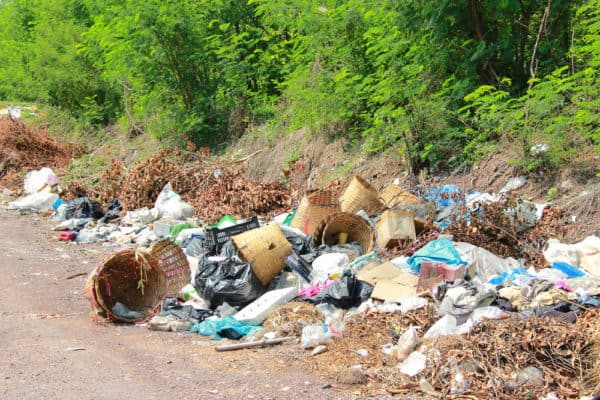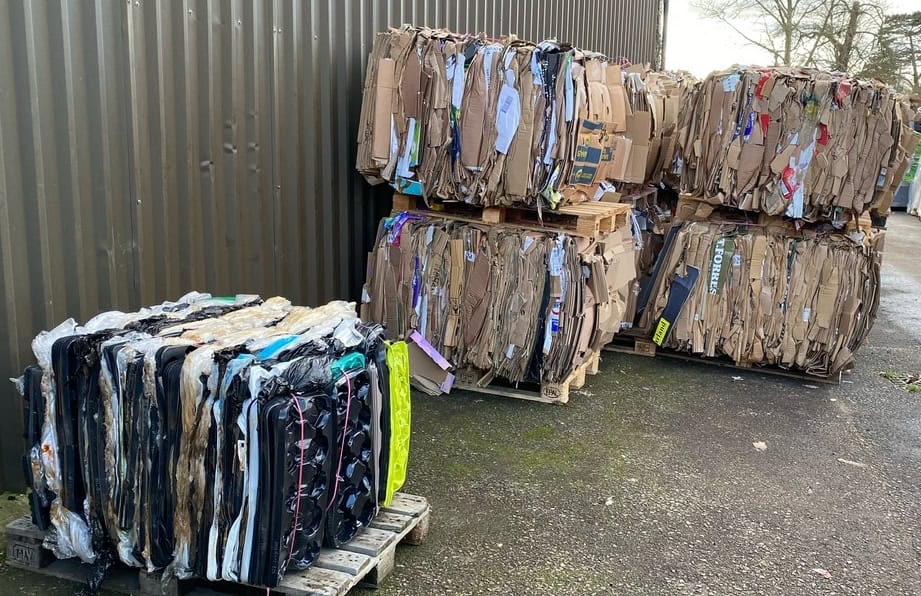Thailand’s Collective Efforts Are Transforming Their Waste
A green movement sparked by one man’s passion to transform his community, has given Thailand an environmental success story to be proud of. In 2013, Wangwa was a village overrun by piles of growing trash, filth and foul odors, a lack of waste management, air pollution, sick children, and foraging dogs. Sayan Rungreaung led his community in finding a waste solution to improve their material conditions. The effort shown by the community united the Government, industry, schools, and villagers by implementing waste management to tackle the crisis.
The Wangwa Movement
Sayan Rungreaung set up a team whose first program was to ask each household to separate their organic waste, soon 18 tons were being separated monthly, fed to animals, and used as fertilizer. The local government and private sector joined the movement, providing facilities, equipment, and roads necessary to launch the recycling initiative. An education campaign involving teachers, schools, and door-to-door instruction took awareness and action to the next level. With the new awareness, families started collecting their recyclable waste and bringing it to sell at a center each month.Through workshops on how to segregate each type of plastic and a successful network of local authorities, communities, and recycling businesses, Wangwa families developed a new attitude – plastic is too valuable to waste. In 2018, the Public-Private Partnership for Plastics (PPP) was launched to help the Thai government achieve their environmental goals with resources and funding from Dow and other leading companies in Thailand such as SCG and PTT Global Chemical.
The Results
In 2019, plastic waste sent to landfills dropped by 20% and the program aims to lower it to zero by 2022. Now, Wangwa’s plastics are sorted, recycled, and transformed into new products which in turn are used and recycled again—creating a never-ending circular economy that curbs waste entering the environment.
Benefits of Striving for Greener Pastures
Plastic segregation has become a career for some locals while others create and sell products from recycled plastic. Older residents and those without jobs, now have a purpose. Profits from the program provide free wifi for the entire community, scholarships for students, and benefits for the elderly. As a result, one intangible yet dramatic byproduct of the effort is its positive effect on the happiness and mental outlook of residents. Improvements in Wangwa’s hygiene, quality of life, and landscape have made it a model for waste management; attracting visitors from across Thailand who come to learn the best practices.
Why It Works
This story is an inspiration because of how Sayan Rungreaung used his sense of individual responsibility, and took action to resolve a problem that was affecting his community. But, individual responsibility is not enough to make a change, the support and effort from his community and Government created infrastructure and a long term solution. Wangwa, Thailand is an example of how awareness, action, and community effort can change the effect that human activity has on the environment. The nation has continued its recycling efforts by banning the import of foreign plastics and banning the use of single-use plastics. Thailand’s efforts and strategies to improve the environment can serve as a lesson to the rest of the world.








